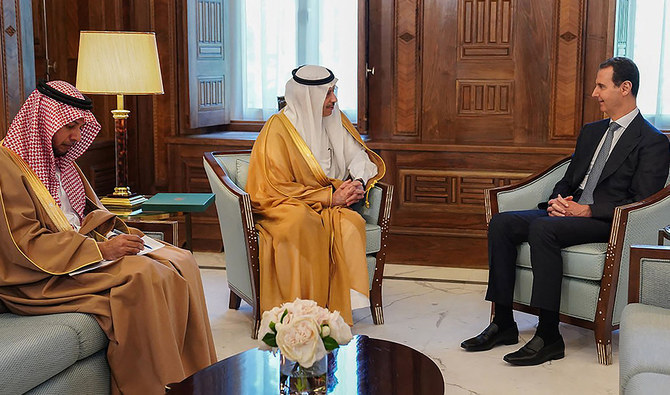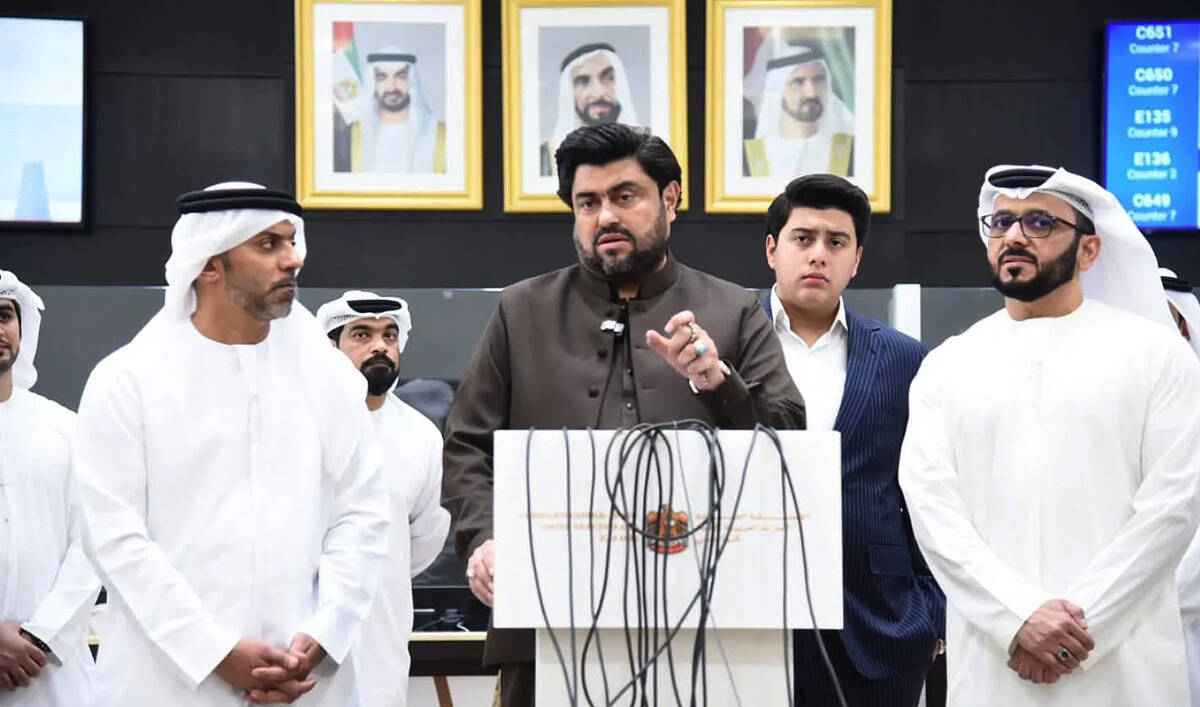KARACHI: Three Kentucky Fried Chicken restaurants and one Domino’s Pizza outlet were attacked in the Pakistani city of Karachi over the past three days, causing some damage but no injuries, police said, describing the assaults as being motivated by anger over Israel’s war in Gaza.
Boycott campaigns have hit Western brands in many Muslim countries since the start of Israel’s latest war on Gaza in October 2023, spearheaded by the BDS Movement, a global, Palestinian-led campaign advocating for non-violent pressure on Israel to respect Palestinian rights under international law. The movement calls for the boycott of certain companies and organizations that it says have invested in Israel or donate to its military and are directly profiting from its economy.
While not officially on the BDS boycott list, KFC has faced backlash from pro-Palestinian advocates in many countries who believe the brand’s operations in Israel contribute to the conflict. KFC, owned by Yum! Brands, has faced boycotts in many Arab nations and accusations of supporting Israel due to Yum! Brands’ investments in Israeli-based startups, but the company maintains it is non-political and denies supporting the Israeli military or government. Dominos is on the boycott list of the BDS, which says it donates to the Israeli military, an accusation the company denies. There is, however, an Israeli subsidiary of Domino’s Pizza.
“A mob of about 100 to 150 people attempted to ransack a multinational food chain outlet and block the main highway,” Senior Superintendent of Police (SSP) in the Malir area, Kashif Abbasi, to Arab News, confirming that the outlet was a local branch of KFC.
He said police acted promptly, dispersed the crowd and prevented damage to the building while arresting nine suspects.
On Tuesday, a mob of around 35 people attacked KFC and Domino’s Pizza restaurants in Karachi, with ten suspects arrested.
“The attack on the food outlets was motivated by anger over the situation in Gaza,” said Syed Asad Raza, Deputy Inspector General (DIG).
“There is a similar pattern across the Muslim World, especially Bangladesh and other countries, mostly incited through social media.”
In a third attack on Monday over a dozen men hurled stones at a KFC outlet and broke its windows.
“They were unable to enter the outlet and fled due to the prompt response of the police. No arrests have been made, but we have registered a case against the unidentified attackers,” Dr. Farrukh Raza, Senior Superintendent of Police for East Karachi, told Arab News.
On Wednesday, media also reported attacks on a KFC branch in the eastern Pakistani city of Lahore.
The attacks have been widely blamed on the Tehreek-e-Labbaik Pakistan (TLP) religious-political party, known to lead violent protests in the country, most prominently in support of blasphemy laws.
However, TLP spokesperson Rehan Mohsin Khan distanced the party from the attacks on the KFC and Domino’s Pizza restaurants and told Arab News that while TLP’s stance on the Palestine issue was “clear,” violent protests were “not part of our policy.”
“If one or two members of Tehreek-e-Labbaik Pakistan were present among the protesters out of their love for Gaza, it does not mean that it was the policy of the party or we support violence,” he said.
“We are in favor of peaceful protests, and we are trying to pressure the Pakistani government to officially boycott all these products.”

















